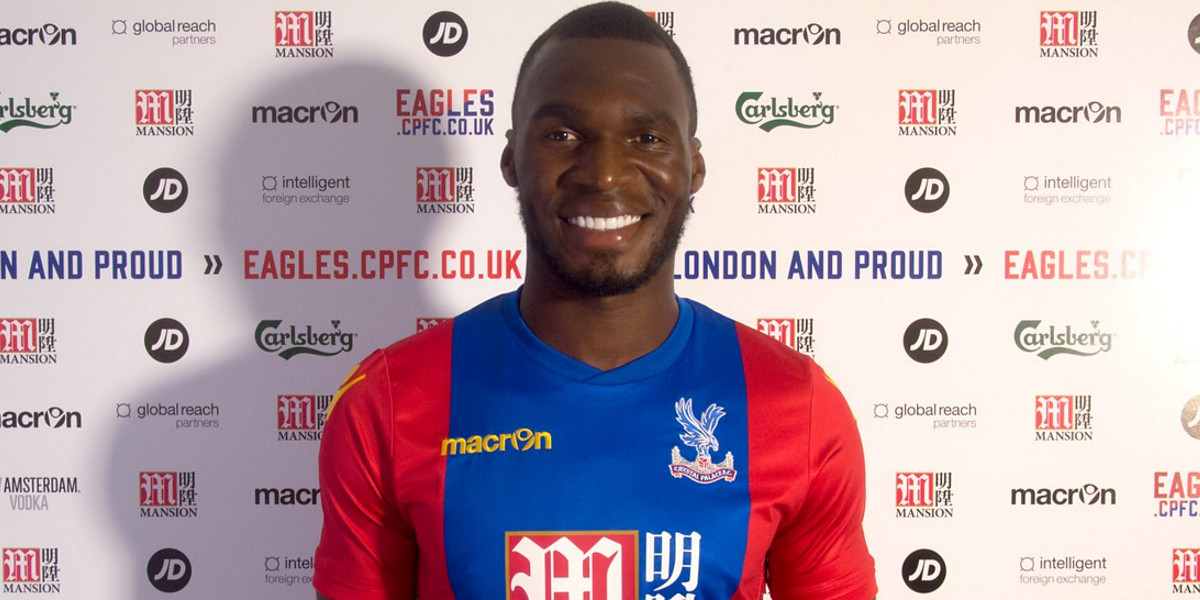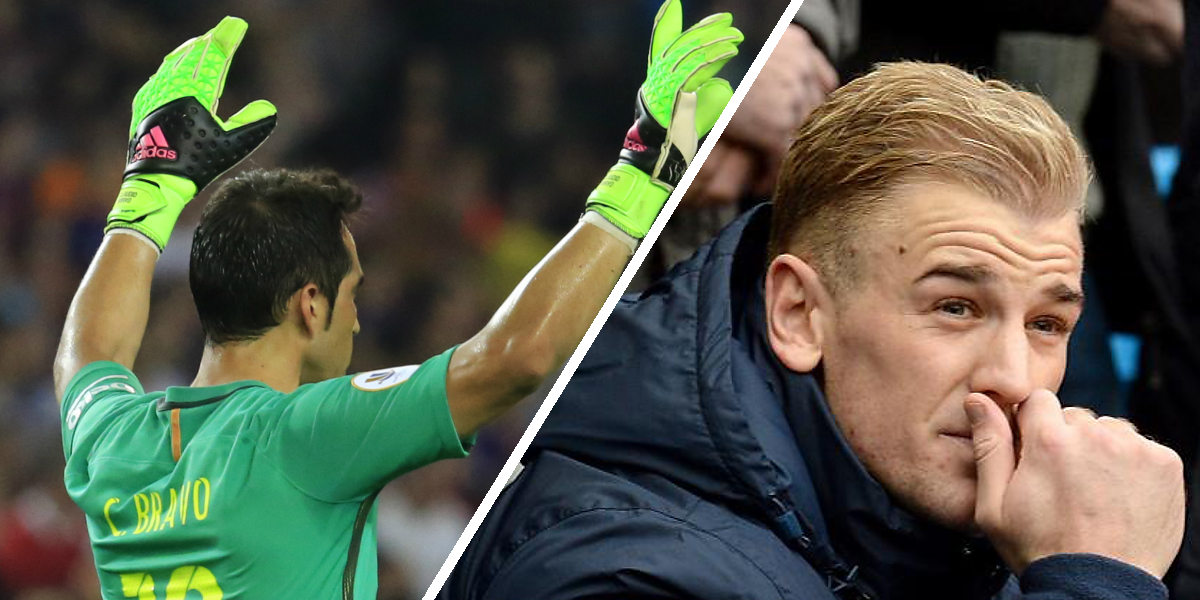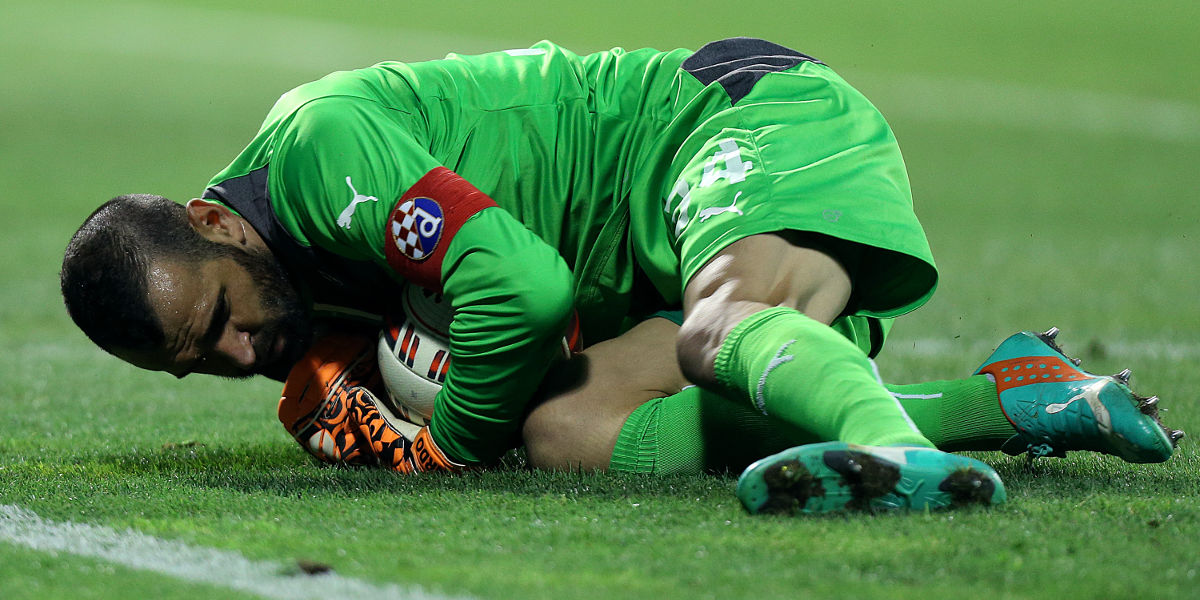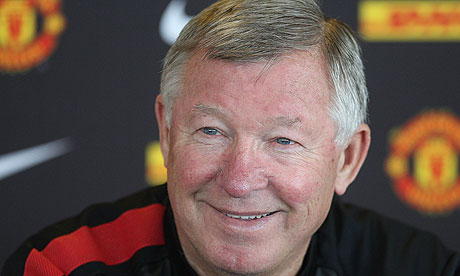By Henry Winter
The proposal currently being circulated within football, and the brainchild of Manchester United’s head of education and welfare, Dave Bushell, aims to keep competitive levels high for those discarded by academies and allow them a route back into the professional world.
Bushell’s blueprint has been read by Sir Trevor Brooking at the Football Association, Ged Roddy at the Premier League, John Reed at the English Schools FA and the Professional Footballers’ Association’s Gordon Taylor, and currently lies in the in-tray of Dan Ashworth for when the FA’s new technical director arrives at St George’s Park.
A meeting involving all interested parties is also proposed to discuss the document titled “Youth Football Pyramid, re-establishing representative football between local clubs, school football and Academy football”.
The plan has the blessing of Ferguson, who is famous for nurturing youngsters from Ryan Giggs to Danny Welbeck, but is also concerned that the academy system has flaws.
United are mindful that most schoolboys who dream of becoming a professional get released by academies either through reasons of ability, attitude or simply some are late developers physically or temperamentally.
“There needs to be a dream that does not always turn into a nightmare, just a restless sleep and perhaps they can start dreaming again,’’ says Bushell.
“The academy system which came into operation at the beginning of season 1998 is one of the many reasons why school representative football is slowly dying [the teachers’ disputes of the 1970s and 1980s did not help].”
Bushell notes that the academy system aims to place “elite young players into elite environments”, seeing them benefit from exceptional facilities and coaching “but what of those boys who are released, not good enough, late developers etc, what is the next step?
“There are a few representative teams still going, but they are fighting against the tide – no staff, poor facilities, pro-clubs poach players mid-season, clubs allow/don’t allow boys to play on a whim.’’
The number of town/area teams has dropped from 222 in 1995-1996 to 148 in 2010-2011 and to 135 this season.
“These discarded boys will need somewhere to play at a higher level than the junior club they came from, especially when reaching secondary age,’’ continues Bushell.
“Why don’t we provide a pyramid system which we all work towards for the benefit of all young players?”
Representative teams would be selected from a local education authority’s list of schoolboys, so stopping “other areas trying to poach players”.
Trials would be held in September with representative games starting in October in a regional league, a regional cup and “maybe a national competition” with a Level Two coach taking each representative side.
Bushell calls on county FAs and county schools FAs to merge, focusing not on “schools, but schoolboys”, adding: “Yes, some committee members will miss out on their Wembley tickets but what the hell!”
Politics and pride are invariably stumbling blocks in football but United’s proposal requires proper debate among all parties at the very least. The last major proposal to emerge from Carrington involved a push for all Premier League clubs to play small-sided, skill-enhancing games, an excellent campaign that the FA is now enforcing nationwide.
It is about creating the best settings for young players to develop, acknowledging that some do at differing ages – and United have experience of that with David Platt and Robbie Savage amongst others.
“There needs to be rules across the whole spectrum of youth football so that the different levels are not allowed to abuse players,’’ adds Bushell. “Representative football is one of these.”
There will be sufficient talent in such representative games that professional clubs will inevitably send scouts (officially or otherwise).
The document proposes a rule that players involved in representative matches can sign for clubs only on a “B-form” during the season, which forbids a club from preventing them continuing to feature in representative games.
Fully-fledged academy players will be on an “A-form” which allows them to play for their schools but not the town, area or county representative sides.
“This is a brief document to start a discussion between interested parties to try and re-establish a football system that is fair to all, especially the most important people, the young players,’’ concludes Bushell.























